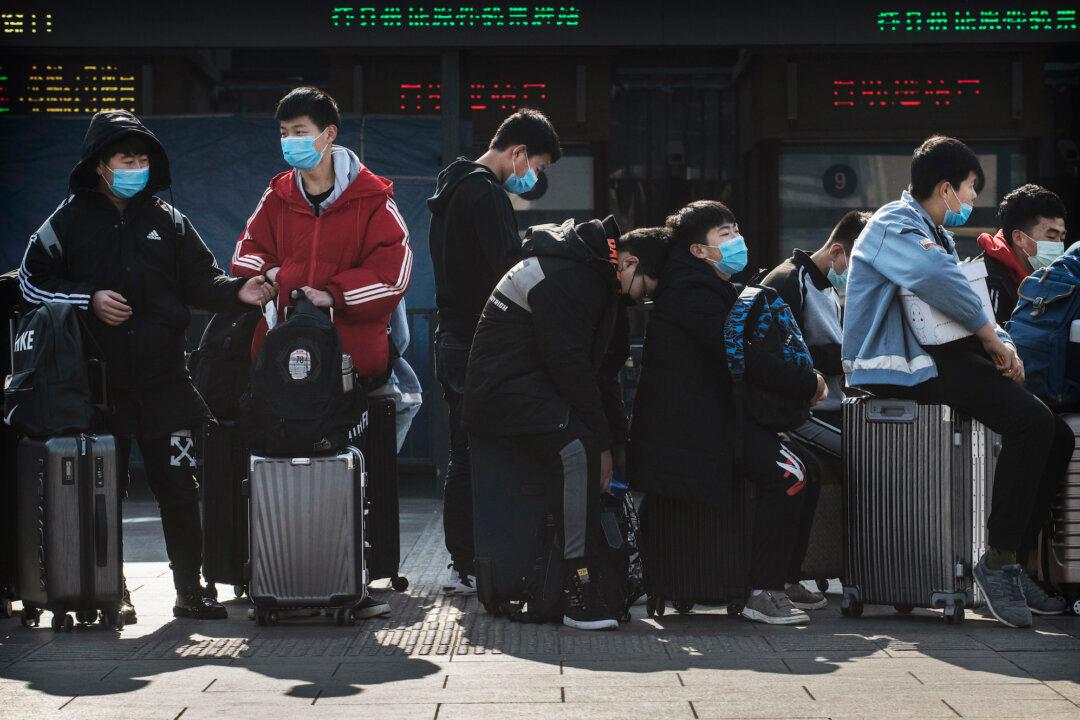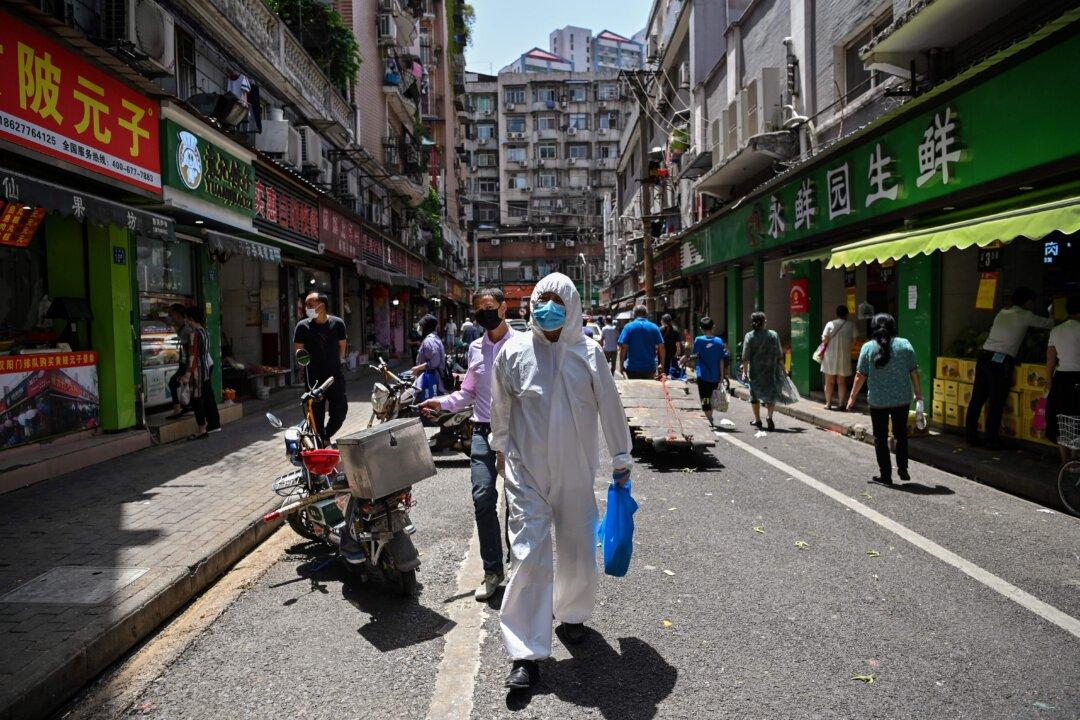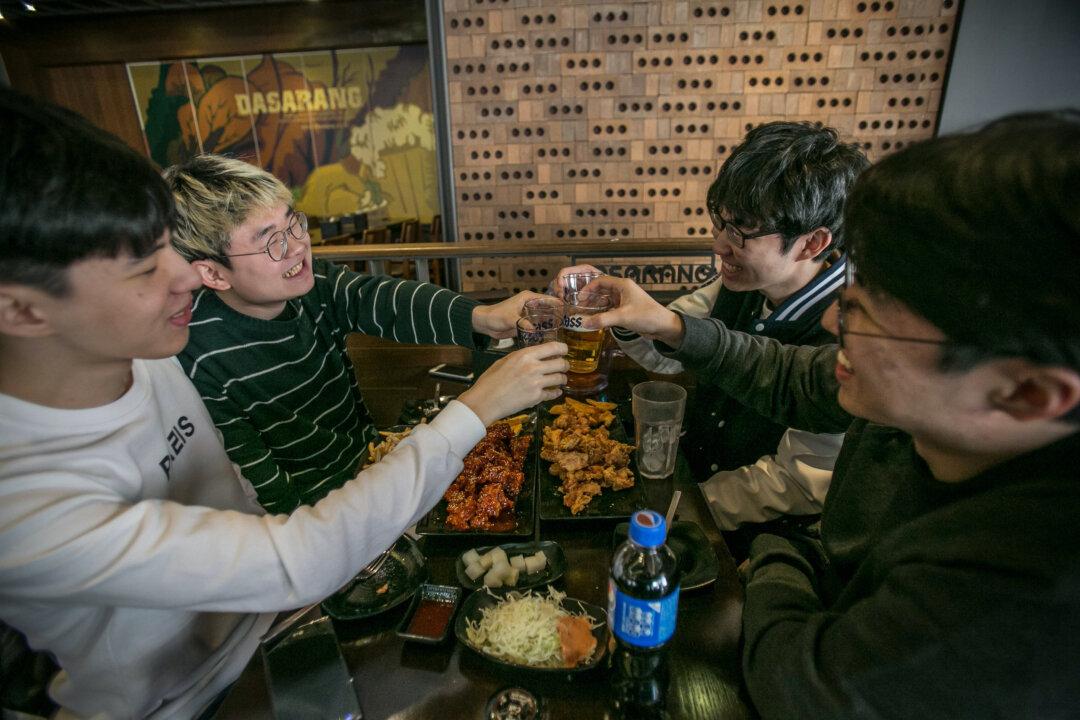Nearly 2,000 people are quarantined in China’s Xi’an after nine residents who came into close contact with a confirmed COVID-19 case at a wedding returned to the city.
On Dec. 28, the nine residents from Xi’an, the capital of Shaanxi province in northwest China, attended a wedding in Shijiazhuang in China’s northern Hebei province—a city currently experiencing a severe outbreak of COVID-19.




